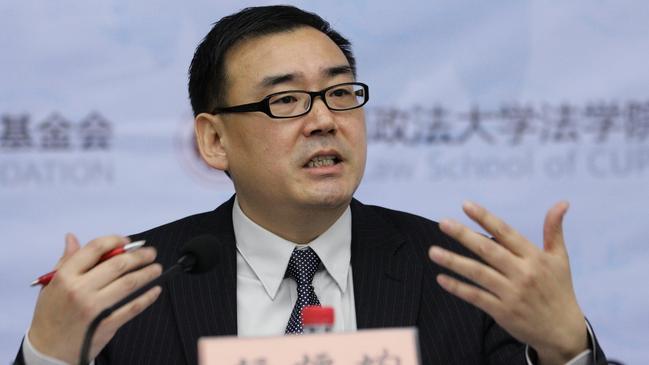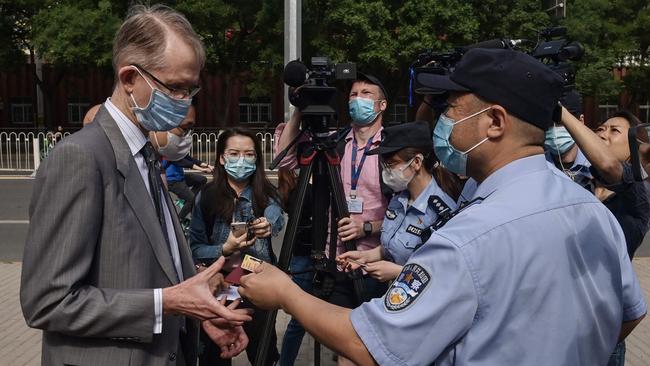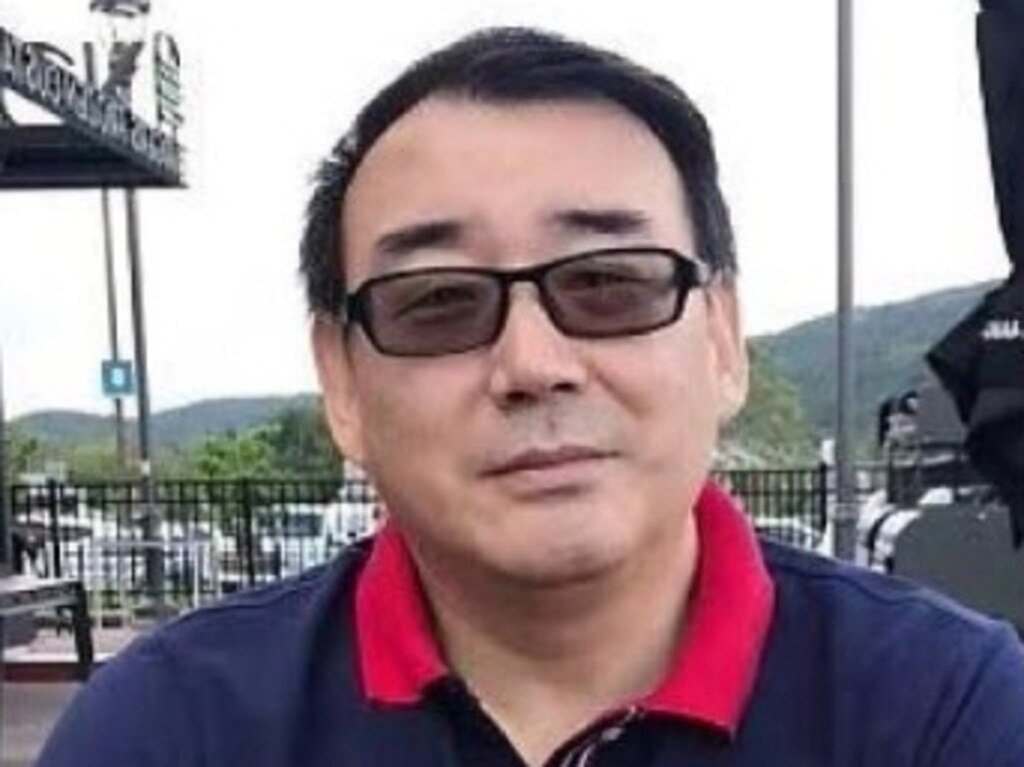Yang begs judge to ignore evidence from torture
Australian writer Yang Hengjun has revealed disturbing details about his 26 months in China’s detention system.

Australian writer Yang Hengjun has asked the Beijing judge overseeing his espionage case to discount evidence obtained under torture during more than 300 interrogations with China’s secret police.
In a message to friends and supporters relayed after his closed trial last Thursday, Dr Yang revealed disturbing details about his 26 months in China’s detention system.
The 56-year-old also maintained his innocence, thanked the Australian government and said he still did not know which country China has alleged he spied for.
During a pre-trial meeting last Monday, Dr Yang met with the judge who will deliver his verdict at a time deemed politic by Beijing and pleaded that he exclude interrogation records from the court proceedings.
“It’s illegal. Torture. They had hidden camera records,” said Dr Yang.
His account of the one-day trial portrays a disorientating ordeal that began with security officers taking him to court at 6am.
“They claimed it was to avoid traffic. I had to wait for three hours before my trial started, so I was already tired when it started,” he recalled.
The Chinese-born Australian was made to wear full personal protective equipment, including a PPE suit, goggles and a face mask, during the trial, which ran from 9am to about 5.15pm.
Dr Yang was downbeat about his own performance in Beijing Number 2 Intermediate People’s Court and noted his plea to submit evidence and to call witnesses was refused.
But he said that the case put forward by the prosecutor was “groundless” and his defence lawyer, Mo Shaoping, spoke well.
“I’m 100 per cent innocent.”

Australian ambassador Graham Fletcher and his colleagues were denied entry to the court, with Chinese officials first citing concerns about the pandemic and then national security.
“Chinese law stipulates that the cases involving national secrets shall not be tried in an open court,” said Chinese foreign ministry spokesman Zhao Lijian.
Mr Zhao denounced Australia’s “unjustifiable obstruction in China’s handling of the case”, which was rejected by Foreign Minister Marise Payne.
“We consider this to be an instance of arbitrary detention of an Australian citizen,” Senator Payne said, repeating concerns about the lack of detail of the charges.
“Australia stands by Dr Yang and his family at this difficult time.”
The pro-democracy commentator’s nightmare began in January 2019 when he was nabbed at Guangzhou airport by the Ministry of State Security, his former employer.
Dr Yang acknowledged his time working for China’s secret police years before he moved to Australia and where he received a PhD at Sydney’s University of Technology.
Incredibly, Dr Yang said that after more than 26 months of detention and his day in court, he still did not know which country he is alleged to have spied for.
“The charges are about espionage. But who did I work for? If this is a crime, and if I’m a criminal, then who did I work for?”
At the time of his arrest, Yang was living in New York and working as a visiting scholar at Columbia University on the invitation of professor Andrew Nathan, an expert on Chinese politics.
“Dr Yang was a valued member of our academic community while he was here. We hope he can return to Columbia as soon as possible,” Dr Nathan told The Australian.
During a visit from Australian consular officials on Friday, Dr Yang said he had been feeling very tired and was in urgent need of a dentist.
“I can only use two of my teeth to eat.”
While hoping for a judgment soon, Dr Yang said he was resigned to his sentencing being delayed a year or longer.
“I’ve already been held in a place worse than prison for over two years now.”





To join the conversation, please log in. Don't have an account? Register
Join the conversation, you are commenting as Logout